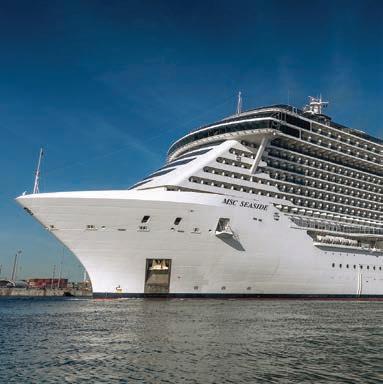of my life” — can signal intracranial bleeding (bleeding in the brain). A headache that increases slowly over time with neurological symptoms can indicate an intracranial mass (brain tumor). For information about conducting a field neurological examination, see Neurological Assessments later in this section.
HE ART AT TACK A heart attack, also known as a myocardial infarction (MI), is an interruption in blood flow to the heart and is usually caused by a clot lodging in the coronary arteries, which supply the heart with blood. The most common symptoms of a heart attack are chest pain or discomfort, shortness of breath and discomfort radiating to the arms, back, neck, jaw or other parts of the upper body. Other symptoms can include nausea, dizziness and a cold sweat. Women may experience different symptoms — often vaguer and/or milder. An MI should be suspected in anyone who experiences such symptoms, especially people who have risk factors such as hypertension (high blood pressure), hyperlipidemia (high cholesterol), obesity, diabetes, a personal or family history of MI or a history of smoking. Individuals with any of those risk factors should get a thorough cardiac evaluation before traveling because access to good, timely care is difficult or impossible in some locations. When an MI is suspected, especially in people experiencing shortness of breath, immediate medical evaluation at the closest medical facility could be lifesaving. If available, consider administering supplemental oxygen; if the person is not allergic to aspirin and hasn’t been told they shouldn’t take it, one could offer them 324 milligrams of aspirin. Cardiac patients who have been prescribed nitroglycerin to treat angina (chest pain caused by a reduction in the flow of blood to the heart) can consider taking one or more doses of that 166
drug as needed. Patients who have been prescribed an anticoagulant (a drug





























